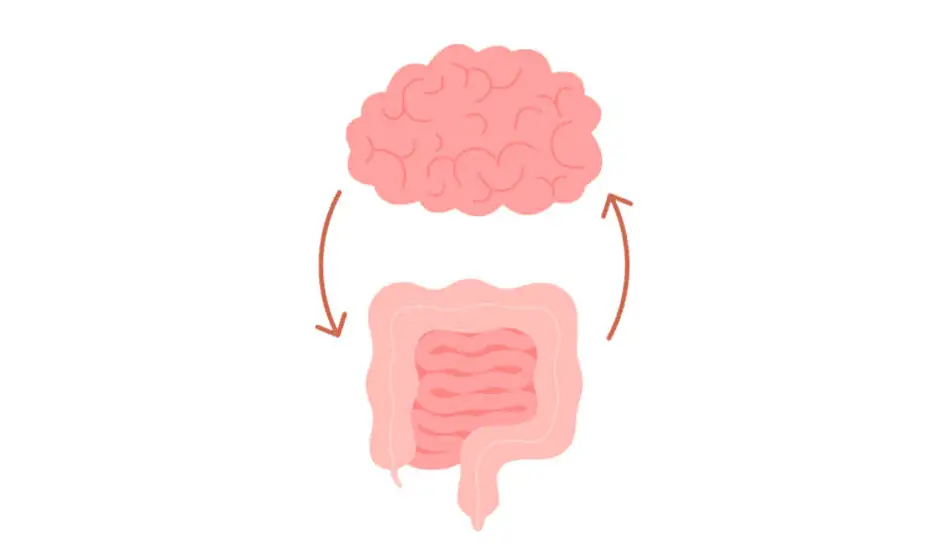As a general rule, we all know that we feel better after a good night’s sleep and worse when we don’t. If so, why? A person’s health and happiness are directly tied to the amount and quality of sleep they get each night. Some of the many positive effects of sleep on health are listed here.
Physical Health Benefits of Sleep
Restoring and revitalizing the body physically is a primary function of sleep. During your sleep, your body repairs damaged tissues, creates new cells, and secretes growth hormones. Lack of sleep can lead to negative physical health outcomes.
Metabolic Syndrome: Sleep deprivation has been associated with metabolic syndrome, a cluster of conditions that includes high blood sugar, high blood pressure, excess abdominal fat, and abnormal cholesterol or triglyceride levels. Metabolic syndrome increases the risk of developing type 2 diabetes and cardiovascular disease.
Type 2 Diabetes: A lack of sleep can also affect insulin sensitivity, leading to impaired glucose tolerance and an increased risk of developing type 2 diabetes.
Cardiovascular Disease: Sleep deprivation has been linked to an increased risk of developing cardiovascular disease, including hypertension, stroke, and heart attack.
Immune Function: Sleep is essential for optimal immune function, including the production of cytokines, which help fight infection and inflammation. Sleep deprivation can impair the immune system, making it more challenging for the body to fight off infections and illnesses.
Mental Health Benefits of Sleep
Sleep is also crucial for maintaining sound mental health. Irritability, mood fluctuations, and inability to focus are all symptoms of sleep deprivation. In addition to raising the likelihood of developing both sadness and anxiety, chronic sleep loss has been shown to make these conditions more likely to manifest.
Cognitive Function: In order to think clearly, remember information, and come up with original solutions, you need a good night’s sleep. Certain mental operations can be hindered by sleep deprivation, which in turn can decrease productivity and performance.
Emotional Control: Sleep aids in emotional regulation by providing time and space for processing and coping with feelings. Low sleep quality has been linked to increased emotional reactivity and a diminished ability to cope with stress.
The Importance of Good Sleep Habits
Healthy sleep is crucial to your overall health and happiness. Those who get enough sleep report feeling revitalized, re-energized, and mentally sharp. But, not getting enough shut-eye might make you feel drained and listless.
For best health and happiness, it is crucial to prioritize excellent sleep habits including:
1. Stick to a regular sleep schedule.
Going to bed and waking up at the same time each day can help regulate your body’s internal clock, making it easier to fall asleep and wake up naturally.
2. Make your bedroom a relaxing place to unwind.
Creating a peaceful sleep environment with a comfortable bed, appropriate temperature, and minimal distractions can help promote restful sleep.
3. Avoid screen time in the hours before bed.
The blue light emitted from screens can interfere with the body’s natural production of melatonin, a hormone that regulates sleep and wakefulness. Avoiding screens for at least an hour before bed can help promote better sleep quality.
Conclusion
All things considered, sleep is crucial to a person’s well-being in terms of their physical health, mental health, cognitive function, emotional control, and general sense of happiness. Lack of sleep can lead to negative outcomes in all of these areas.
To ensure optimal health and well-being, it is important to prioritize good sleep habits and seek professional medical advice if you are experiencing ongoing sleep problems or chronic sleep deprivation. If you are struggling to get enough quality sleep, consult with your healthcare provider, who can help identify any underlying medical conditions that may be affecting your sleep and provide treatment options.
In addition to seeking medical advice, there are many things you can do to improve your sleep hygiene, including establishing a relaxing bedtime routine, avoiding caffeine and alcohol before bed, and getting regular exercise. Meditation and relaxation techniques, such as deep breathing exercises, can also help promote better sleep.
It’s important to note that while everyone’s sleep needs are different, most adults require between seven and nine hours of sleep per night to function optimally. Children and teenagers require even more sleep, with newborns requiring up to 17 hours of sleep per day.
In conclusion, the impact of sleep on health is significant, and quality sleep is essential for physical and mental well-being. By prioritizing good sleep hygiene and seeking professional medical advice when needed, you can improve your sleep and enjoy the many health benefits that come with it.








